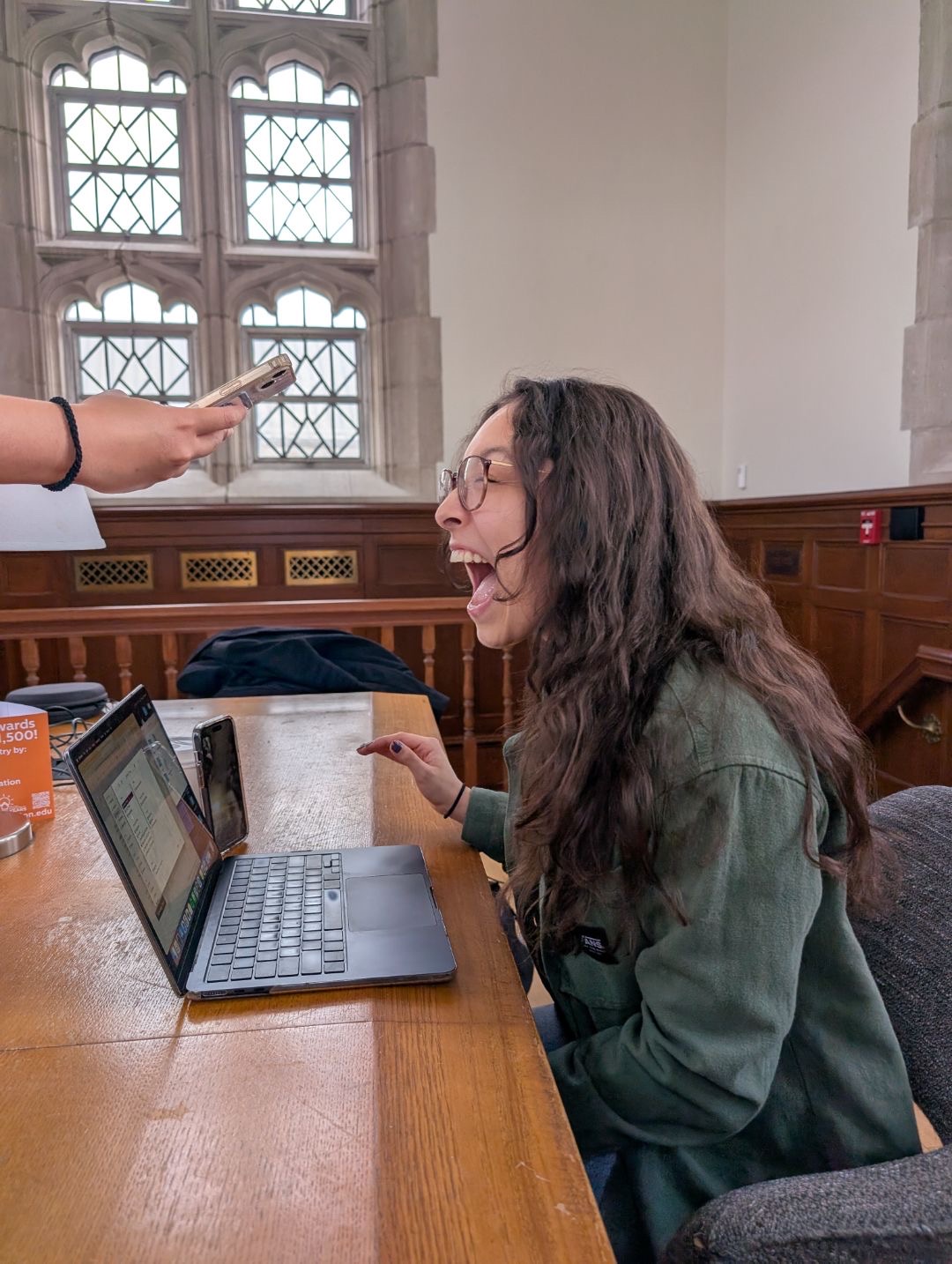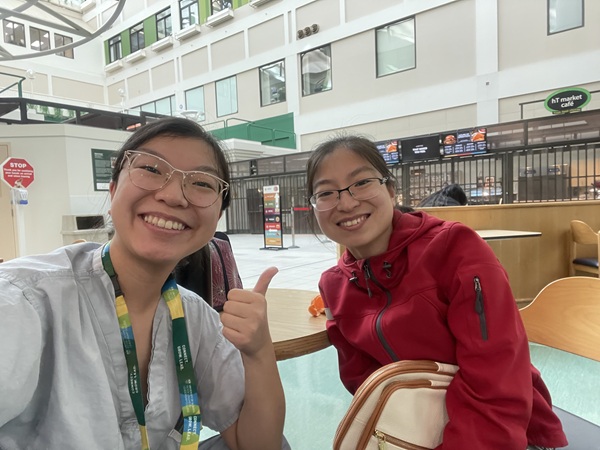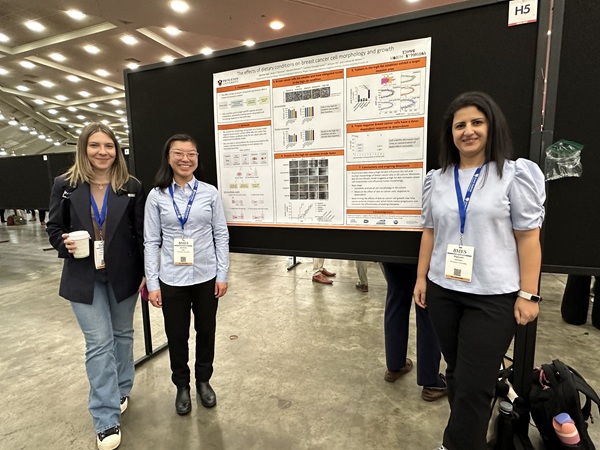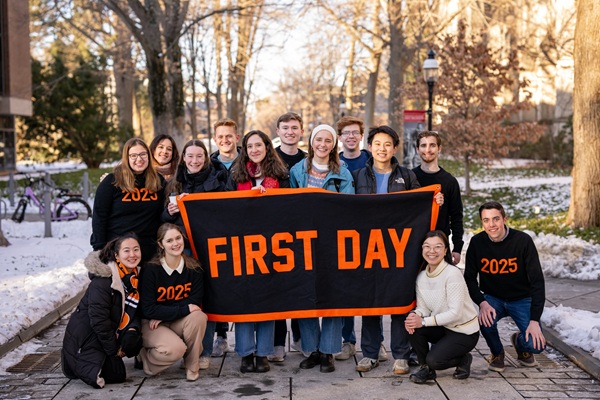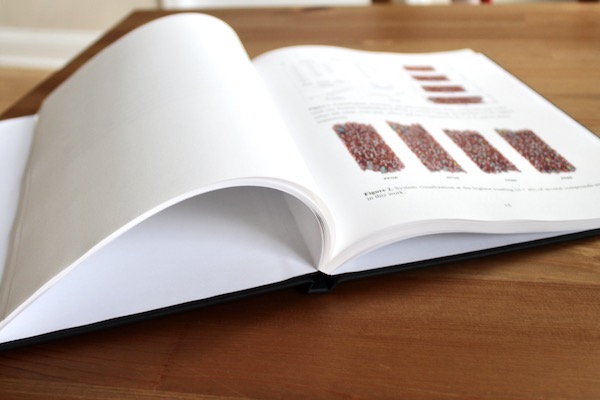Yes, that’s not a joke. I chose to write my Senior Thesis—one of the most momentous milestones and greatest feats for Princeton students—on the hit reality competition TV series Survivor.
Specifically, my thesis centered around the phenomenon of television fandom and involved an ethnographic exploration into how humans perform their devotion to their favorite show and to their fellow fans on both a macro- and micro-level. As an Anthropology major, the culture of fanhood, particularly as it relates to entertainment like films, television, and music, has always been fascinating to me. And as a longtime Survivor fan, I was so excited by the opportunity to merge my academic interests with something that has brought me so much personal joy over the years.
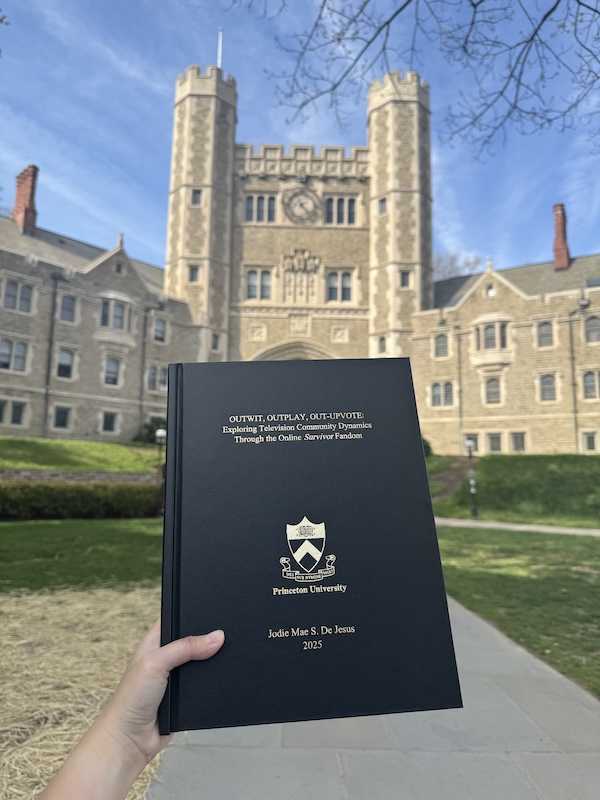
I’ll be honest: I had a lot of hesitation entering into the thesis writing process with this idea. I worried that people would think my study of the Survivor fandom was silly or less legitimate than other people’s topics. After all, at a school like Princeton, all of my peers seemed to be writing on such impressive, complex subjects—from constitutional law to quantum mechanics—across all different disciplines. I’ve always been in awe of Princeton students’ intellectual ambition and writing about reality TV seemed niche or even a little frivolous in comparison. However, I’ve come to realize that these feelings were a textbook example of the imposter syndrome we hear so much about in college and here at Princeton specifically. Indeed, even as a senior and soon-to-be graduate, I still experience moments of self-doubt and comparison. Anytime I had these doubts though, I’d try to think back to some of the amazing courses I’ve taken over the past few years which initially inspired me to pursue this topic in the first place.
By far one of the most transformative courses that I’ve taken here has been ANT437: Gaming Blackness: The Anthropology of Video Games and Race. While this is partially because of the University-sponsored trip our class took to Tokyo (which you can read more about in my previous blog!), hearing how Professor Akil Fletcher turned his love for video games into his main subject of research also gave me the confidence to pursue my own independent work topic. His course reinforced to me why studying the cultural significance of the minutiae of more “everyday” occurrences, popular culture phenomena, and digital media can be just as intellectually rigorous and meaningful as traditional field sites.
In addition to Professor Fletcher’s class, I also drew inspiration from two courses I’ve taken at Princeton outside of the Anthropology department, both taught by the same professor. I had the privilege of taking Professor William Gleason’s courses ENG275: American Television and his seminar AMS425: Reality/Television. These were also among my all-time favorite classes I’ve taken over my Princeton career. Getting to analyze how various genres, narrative structures, and cultural representations operate within the medium of TV and gain a deeper understanding of how these things reflect, critique, and shape society was surprisingly insightful and of course lots of fun. I mean, we literally got to watch TV for homework—who wouldn’t love that?
All this to say, I truly can’t think of a better way to have capped off my journey at Princeton. This thesis is a culmination of all the learning, growth, and joys I’ve had while navigating both the academic and emotional ups and downs of college life. As I conclude this blog post, which will be my last ever before I graduate in just a few days, I’m filled with an immense sense of gratitude for my experiences here, love for all the friends and memories I’ve made, and pride to forever be a Tiger!
Rah rah rah
Tiger, tiger, tiger
Sis, sis, sis,
Boom, boom, boom, ah!
Princeton! Princeton! Princeton!







